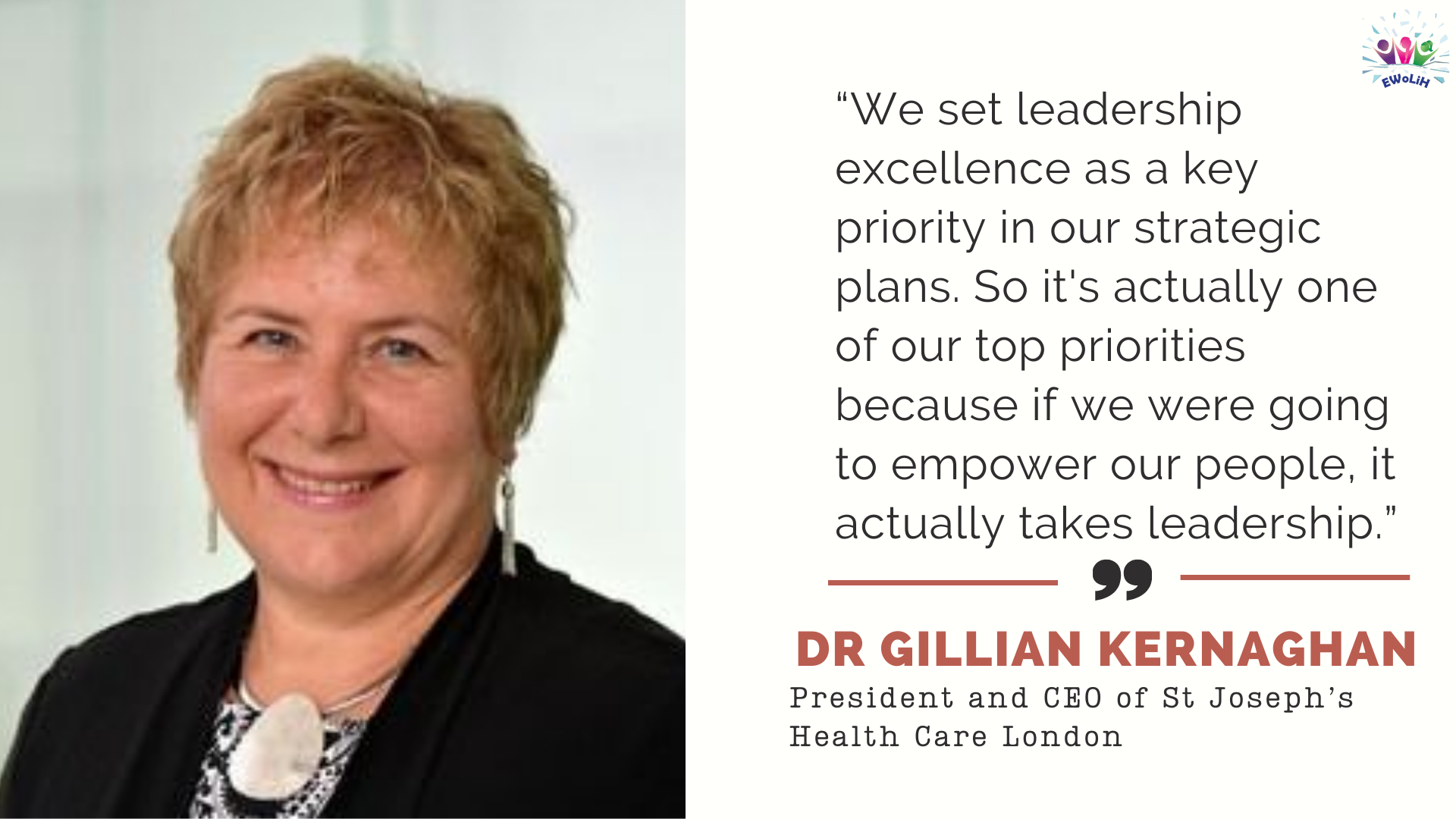
Collaborative Leaders
Purposefully Build Partnerships and Networks to create EDI results
Demonstrate a Commitment to coalitions among diverse groups and perspectives aimed at learning to improve service
Need to make an effort to bring people up
Mobilize Knowledge
Navigate Socio-Political Environments
Need to bring people with different levels of power
Developing EDI-Informed Coalitions
Ivy Lynn Bourgeault, University of Ottawa & Canadian Health Workforce Network
Just as EDI considerations inform leadership capabilities within one’s discipline, group or organization, it also translates to the development of coalitions with others, the fourth D in the LEADS Framework. Collaborative leaders develop coalitions to create EDI awareness and achieve EDI goals within and across disciplines, groups and organizations. Partnerships are purposively built to create these EDI results with notable time and attention paid to create ongoing relationships of trust. This may involve coming to terms with broken trust from past interactions, a key lesson from the Truth and Reconciliation Commission Calls to Action. Collaborative leaders demonstrate a commitment to coalitions with diverse groups and perspectives aimed at learning how to improve service accessibility and cultural safety and acceptability. EDI knowledge within and across organizations is mobilized towards those ends. A purposeful effort to bring people with different voices, experiences, and forms of power to the table and mentoring up, within and across organizations helps to navigate complex socio-political and cultural environments.
Women's Wellness Through Equity and Leadership (WEL): A Program Evaluation
The Women’s Wellness through Equity and Leadership (WEL) program, developed by six major medical associations, aimed to create equitable work environments for women physicians. This study revealed that peer support and diversity as part of several drivers of the program's success.
Empowering the Invisible: Accelerating Leadership Development for Midcareer Women in Medicine
The article presents a leadership skill development program designed for midcareer women physicians.
Strategies to improve women’s leadership preparation for early career global health professionals: suggestions from two working groups
This paper presents a framework which improves strategies used to advance women's leadership.
The missing voice of women in COVID-19 policy-making
The article highlights the underrepresentation of women in decision-making roles in Canada amid the COVID-19 pandemic. Women, especially working mothers, bear the brunt of caregiving responsibilities and are affected by job loss. Their voices are essential to advocate for investing in care infrastructure, which is crucial for economic recovery.
Women Who Lead website
The goal of Women Who Lead is to create a movement that fills the pipeline with diverse women leaders who are ready to advance the healthcare landscape, equipping them with the skills and opportunities they need to succeed. Most importantly, it is a platform for partnership and inspiration that elevates and amplifies the contributions of women and the broader community.
Career Advancement and Leadership Skills for Women in Healthcare $
This professional development program delivers evidence-based strategies, skills development and education that help women at various stages of their healthcare careers step into and succeed in leadership positions. It also helps to effectively cultivate highly qualified current and future women leaders by developing the following competencies:
Sex and Gender Champions CIHR
In 2014, CIHR began requiring the inclusion of Sex and Gender Champions on research teams on some funding initiatives. A Sex and Gender Champion is a researcher who possesses or acquires expertise in the study of sex as a biological variable and/or gender as a social determinant of health. The Champion supports the research team to produce rigorous, transparent and generalizable research findings through the consideration of sex and gender factors throughout the research process.
Underrepresented & Underpaid: diversity & equity among Canada's Post-secondary Education Teachers
Representation gains have been made among some, but not all, groups of racialized teachers in the university sector. Wage gaps exist between men and women and worsen for racialized and Aboriginal university and college teachers.
















